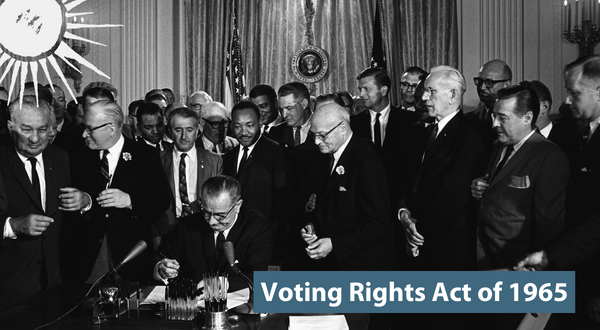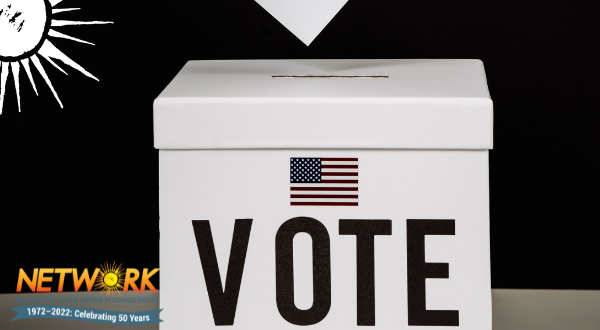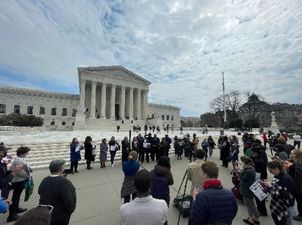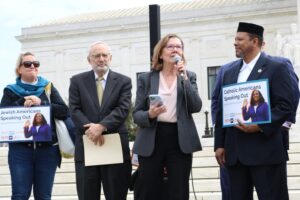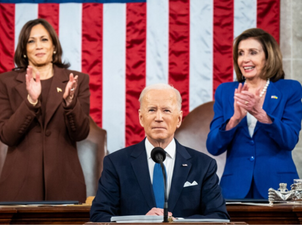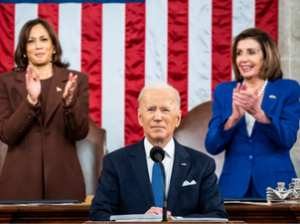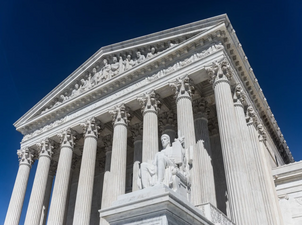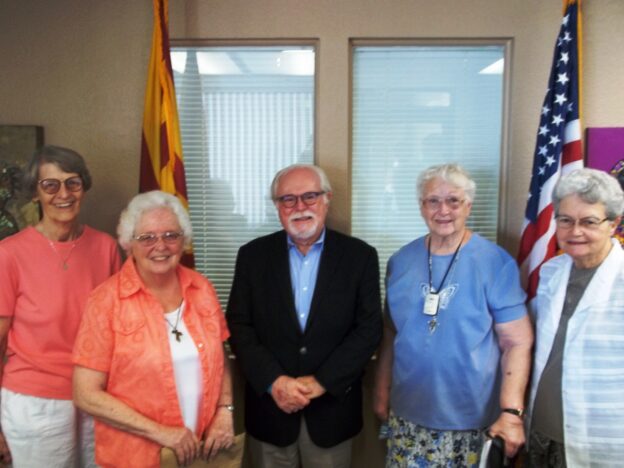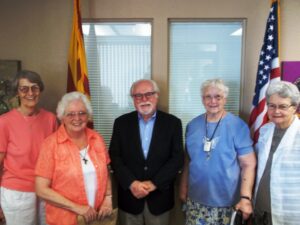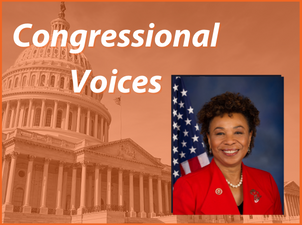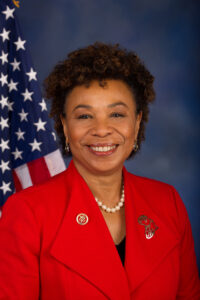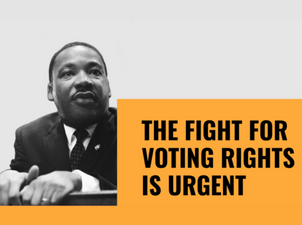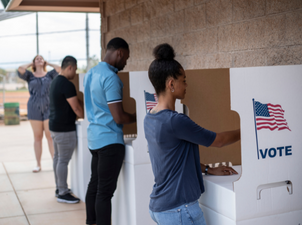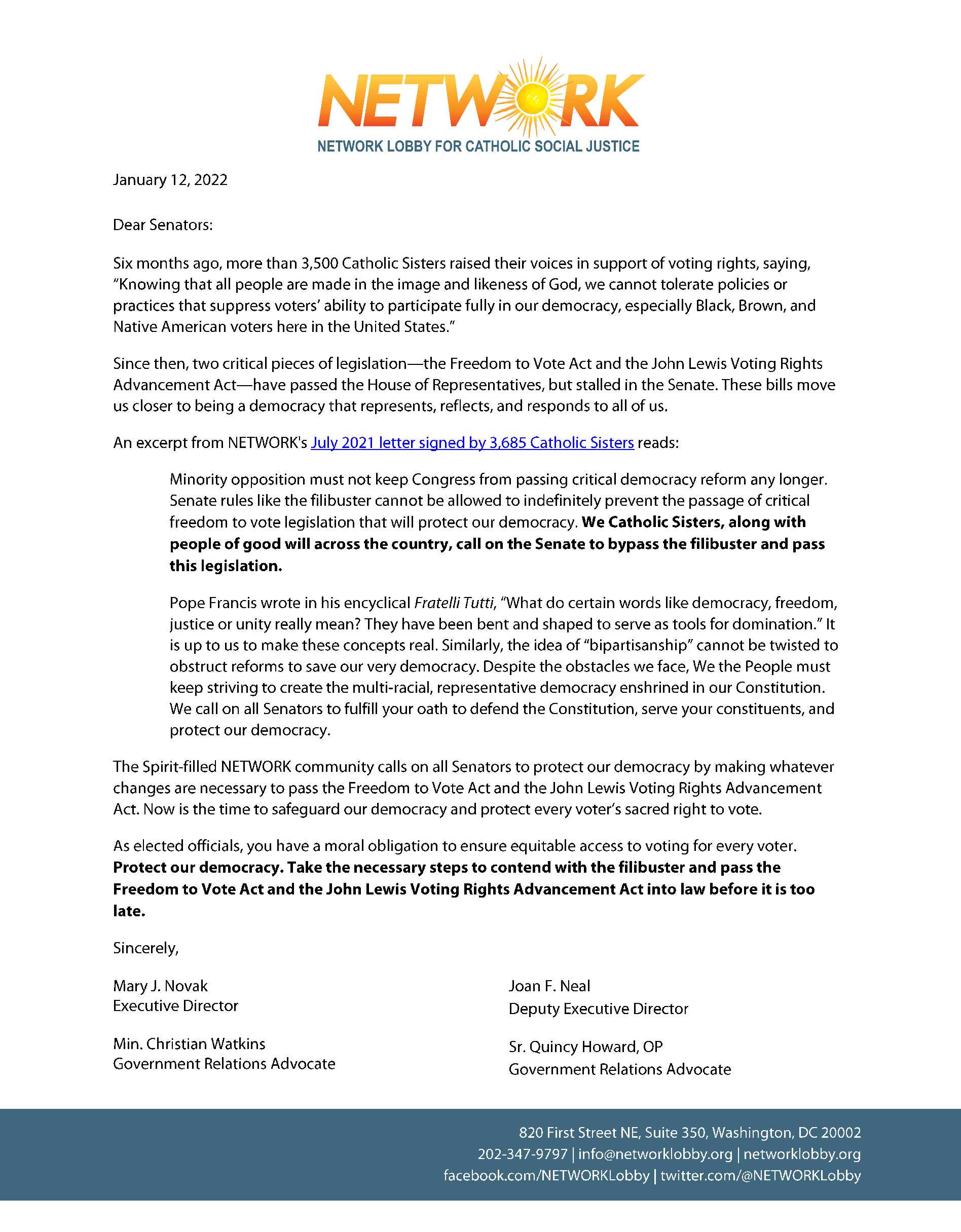
The Theology of Voting: Participation in Democracy as a Christian Value
Joan Neal
Sept. 2, 2022
Many people would not naturally connect theology — the study of God — with voting. The two concepts might seem to be in different, if not opposite, realms of reality. But when we think of theology as our organized system of knowledge and understanding about the nature of the Divine and we think of voting as an area that this knowledge and understanding of the Divine helps us interpret, then it is indeed legitimate to speak of a ‘theology of voting’. For us as Christians, it’s a little like WWJD – what do we believe Jesus would think and do about voting?
As we explore that question together, let’s begin with a foundational belief. Scripture tells us, and we believe, that we are all created in the image and likeness of God – the Imago Dei. This is the source of the inherent dignity of every human person and this dignity must be upheld in every aspect of our lives, including our lives as citizens and members of society. We believe, therefore, that society, government, institutions, all must create the environment where every person can not only live but also thrive. This means that, as Christians, we must ensure that our civic and political systems serve people and not the other way around.
Together, I want to build on and explore the premise that our faith in God and our belief in the Gospel of Jesus Christ call us to view voting as a sacred activity that is informed by our identity as Christians, our belief about Who and What God is, our understanding about God’s love for humanity, and our responsibility to each other as citizens of this country who see the image of God in one another.
However it first must be made clear, that I am not conflating our religious beliefs with our identity as citizens. That is called Christian nationalism and it is the exact opposite of what I mean about connecting our understanding of God and our secular right to vote. Christian nationalism is the belief that America as a nation is defined by Christianity and only Christianity holds a privileged position in the public square. It takes the name of Christ and asserts it as the political agenda for the nation, thereby excluding anyone who is not Christian from national identity. I am not saying God tells us who we can vote for and who we must not vote for. That ideology is not Christian at all nor does it serve our responsibilities to our nation.
Rather, I am talking about Christian values and how our formation as people who profess a particular understanding of and faith in God and who follow Jesus Christ Whom we believe is God Incarnate, informs our participation in the public square through the exercise of our right and our responsibility to vote as citizens of the United States. I am talking about our understanding of what it means to be a person of faith and a citizen of this diverse, multi-ethnic, multi-cultural, inter-religious, pluralist country.
Jesus told us what is required of us as Christians living in community with one another: love God and love your neighbor as yourself. When St. Paul talked about the early Christian communities as the ‘body’, he was referring to our identity as a ‘family of faith’ that is to be in community or relationship with one another and to live in a community – that is, people with common interests living in a particular city, state or country. His implication is that we are both Christian and citizen and these dual identities must inform each other in order to build the kind of environment, the Beloved Community, (what Jesus often called the Kingdom or Reign of God), on earth. That should be our goal. Clearly, our form of government and our participation in it, matter.
So, when we look at different forms of government around the world, (autocracy, oligarchy, monarchy, etc.), we see that the choices are few of governing styles that provide that environment. In fact, history shows us that democracy is the system of government that best affords every person the freedom and dignity to flourish.
And that is because democracy is not only a system of government. It is also an ideal, a vision for how a society can organize itself to recognize and respect the dignity and freedom of each and every person while also enabling the common good to thrive.








